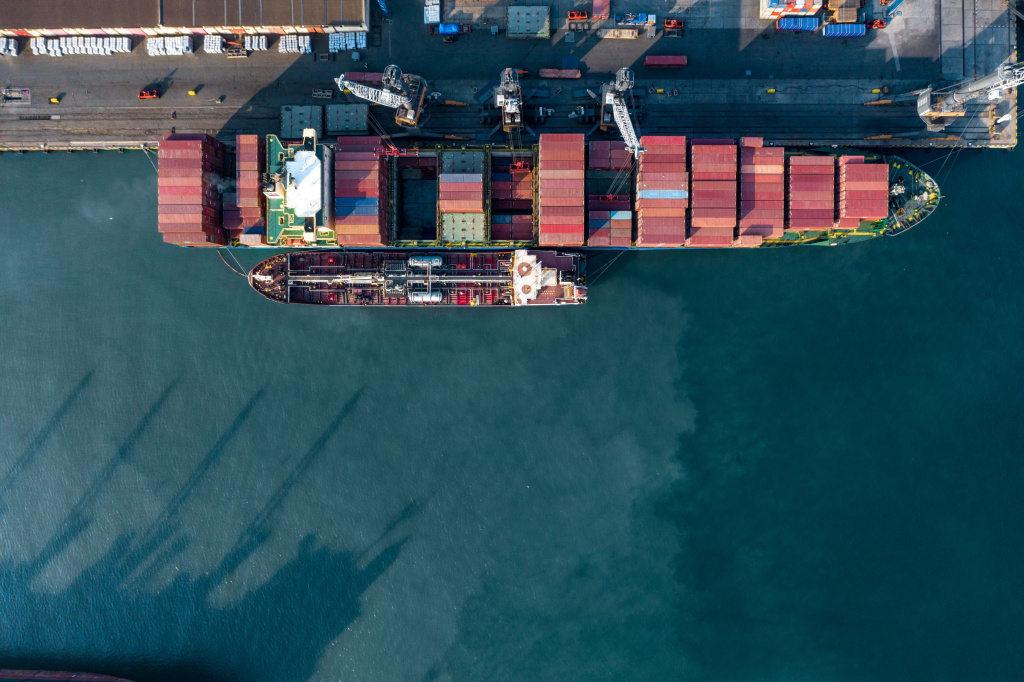
The biofuel formula is based on low-sulphur marine fuel and used cooking oil
Gazprom Neft's bunkering operator, Gazpromneft Marine Bunker, performed Russia’s first bunkering of seaborne transport with marine fuel on a biocomponent basis. The biofuel formula is based on low-sulphur marine fuel and used cooking oil. Test bunkering with fuel that has a low carbon footprint was carried out in the Port of Saint-Petersburg, says press center of Gazprom Neft.
The project was implemented by Gazpromneft Marine Bunker in cooperation with the Vkusno – i Tochka chain of fast food restaurants and the Ecoway company. The preparation of recycled materials was carried out at the facilities of Ecoway. Technological processing included multi-stage settling, filtration and heat treatment. Mixing of the component base, production, laboratory control, storage and transshipment of marine biofuel is conducted at the terminal of Gazprom Neft in the Port of Saint-Petersburg. The new fuel complies with technical regulations and can be used by most sea and river vessels.
“As of today, over 90% of the product range consists of marine fuels of a high environmental class. We are looking into further expansion of our product portfolio, particularly with biofuels. The test bunkering in Saint-Petersburg showed that the new “green” fuel is fully consistent with traditional petroleum products in terms of its technical characteristics, while its application significantly reduces the carbon footprint,” commented Anton Sobolev, General Director of Gazpromneft Marine Bunker.
Gazpromneft Marine Bunker is a bunkering operator of Gazprom Neft. It provides year-round supplies of marine fuels and oils for sea and river transport in the largest ports of the North-Western, Black Sea and Far East regions, as well as in the Arctic and on inland waterways. The company was the first in Russia to supply fuel with a sulfur content below 0.1% as required in for special shipping zones. In 2022, the company began bunkering marine transport with environmentally friendly liquefied natural gas (LNG).



